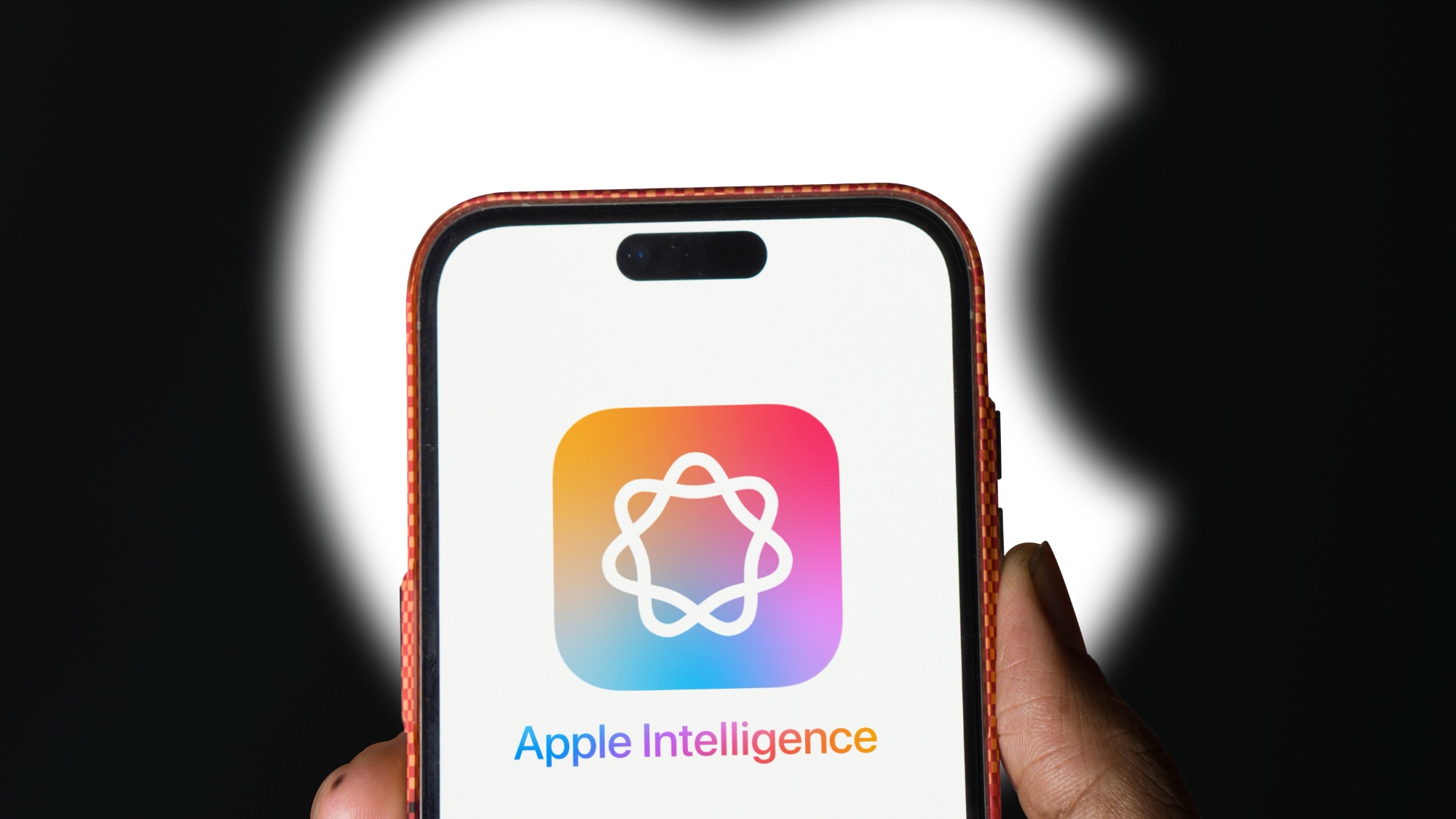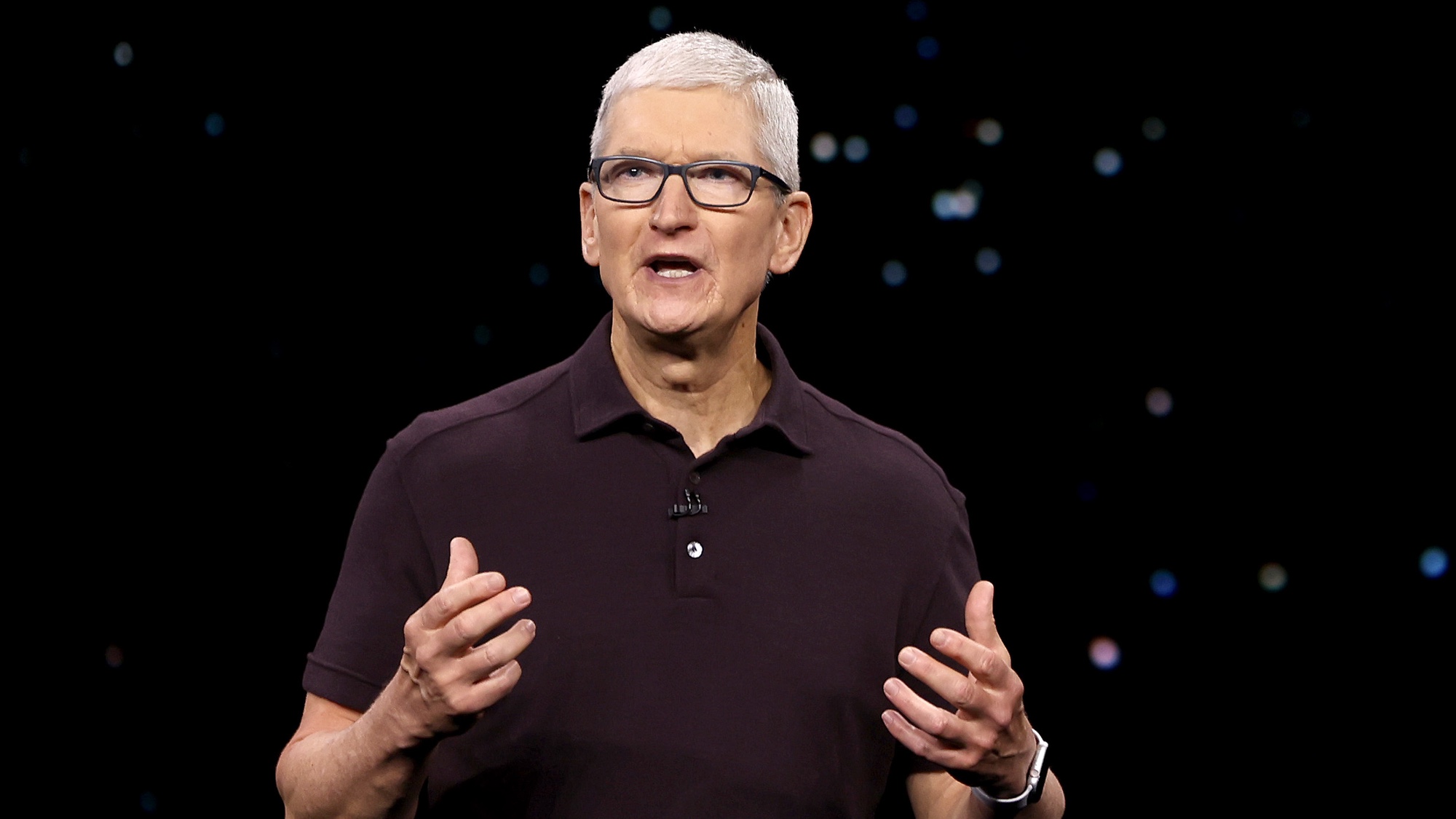
It’s no secret that tech giants like Google, Microsoft, and OpenAI are making headlines with breakthrough generative AI tools that promise innovation at lightning speed. In just the last momth alone, OpenAI has launched several new updates with their “12 Days of OpenAI” event.
Yet, amidst this flurry of advancements, Apple has quietly charted its own path—one rooted in privacy, security, and incremental progress.
While some critics perceive Apple as lagging behind in the AI race, its measured approach could ultimately prove to be a strategic differentiator.
A privacy-first approach to AI

Apple’s AI philosophy revolves around a core principle: privacy as a fundamental human right. Unlike competitors that leverage massive cloud-based datasets for AI processing, Apple prioritizes on-device machine learning wherever possible. This ensures that user data remains secure, and processed locally on devices such as iPhones, iPads, and Macs.
For example, AI features like text prediction, Face ID, and image recognition within the Photos app all function with minimal data leaving the device. Apple’s voice assistant, Siri, also processes many tasks locally, a move designed to maintain user confidentiality.
However, this dedication to privacy has its trade-offs. While competitors like OpenAI’s ChatGPT and Google Gemini harness extensive cloud resources to train advanced generative AI models, Apple’s restricted data collection limits its ability to keep pace in certain AI developments.
Apple CEO Tim Cook continues to emphasize the importance of trust. This steadfast focus on safeguarding user data sets Apple apart in an industry where data is often treated as a commodity.
Is Apple really falling behind?
Despite its pioneering role in AI — Siri was the first mainstream voice assistant when it launched in 2011 — Apple has struggled to shake its reputation for lagging behind in innovation.
Tools like ChatGPT and Microsoft’s Copilot have revolutionized productivity and creativity, showcasing the transformative potential of generative AI. Meanwhile, Siri, though reliable, is often viewed as less capable compared to newer, conversational AI models.
Yet, Apple has been integrating AI into its products for years, albeit subtly. Features like Night Mode on iPhone cameras, fall detection on the Apple Watch, and health insights in the Health app are all powered by AI. The company’s emphasis on enhancing user experiences without drawing attention to the technology itself highlights a key distinction. Essentially, Apple prioritizes functionality over flash.
Nevertheless, as AI becomes a centerpiece of consumer technology, Apple’s understated approach risks being overshadowed. Reports suggest the company has reorganized its AI division and ramped up investments, signaling a more aggressive push to close the gap with competitors.
Whether Apple introduces its own generative AI tool remains to be seen, but the company’s vast ecosystem and seamless hardware-software integration provide a unique foundation for future innovations.
Apple’s vision
While its competitors focus on generative AI for search engines, chatbots, and content creation, Apple’s AI efforts are deeply tied to health and wellness. Tim Cook has repeatedly highlighted the Apple Watch as an example of technology that saves lives.
AI powers features like irregular heart rhythm detection, fall alerts, and blood oxygen monitoring, underscoring Apple’s mission to apply AI thoughtfully and meaningfully.
In other areas, AI is the unseen force behind Apple’s celebrated user experiences. The iPhone’s Photographic Styles and computational photography capabilities showcase AI’s ability to transform everyday activities — like taking photos — into polished, professional results.
By embedding AI into these features, Apple reinforces its reputation for creating tools that are easy to use, reliable, and impactful.
Why Apple’s strategy matters

Apple’s privacy-first approach resonates in an era where trust in tech companies is under constant scrutiny. Data breaches, unethical AI practices, and growing concerns over AI bias have made consumers more protective of their personal information.
By choosing trust and security over speed, Apple positions itself as a counterpoint to the industry’s rush to dominate AI.
That said, Apple faces a fine line. While headlines highlight Apple's competitors nearly every day with the latest in AI technology, other headlines wonder why Apple hasn't caught up and wonder when or if the company ever will.
Deliberate progress risks being perceived as stagnation, especially as competitors roll out high-profile AI features. For Apple to stay competitive, it will need to strike a balance: introducing AI advancements that capture public imagination while remaining true to its privacy commitments.
Looking forward
Apple’s methodical AI strategy may not make as many headlines, but it reflects a long-term vision as the tech industry navigates the ethical and practical implications of AI. Apple’s cautious approach could pay off. Its focus on privacy, health, and enhancing user experiences aligns with a broader societal shift toward more responsible technology.
In the years ahead, Apple’s challenge will be to innovate visibly without compromising its core values. Whether Apple can redefine AI’s role in daily life or simply keep pace remains to be seen. One thing is clear: in prioritizing privacy and trust, Apple isn’t just building technology—it’s building confidence in a digital world that desperately needs it.







